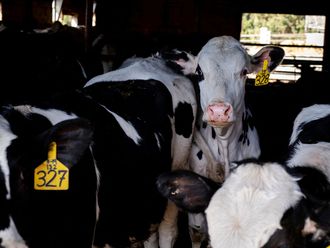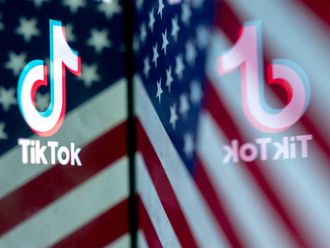Washington: The Obama administration’s claim that Texas’s voter identification law will keep blacks and Hispanics away from the polls this November will be tested in a week-long federal trial starting today in Washington.
Texas, one of eight states that passed laws last year requiring photo identification in order to vote, is seeking court approval of the measure, arguing it’s needed to prevent electoral fraud. The Justice Department says Texas’s rules are harsher than any other state and place a “new and substantial burden” on minorities’ ability to cast a ballot.
“Clearly there is a sense that the political stakes are high,” Christopher Elmendorf, a professor of election law at the University of California Davis School of Law, said in an interview. “There’s a belief that in close elections these laws could make a difference.”
Since 2004, six Texas House elections have been won by less than 50 votes, the state said in a July 1 filing. In the 2010 general election, the victor in a state-house district west of Austin was decided by 12 votes, according to the state.
The case marks the first time a federal court will weigh in on the Obama administration’s effort to use the Voting Rights Act of 1965 to block a state from requiring photo ID to vote.
Texas is one of 16 states or jurisdictions that need permission from the Justice Department or a federal court in Washington before changing election procedures because of their history of voting rights violations.
Texas opted to go to court on the photo ID rule, suing Attorney General Eric Holder on January 24.
Handgun permits
Under the law Republican Governor Rick Perry signed last year, voters who arrive at the polls lacking one of seven acceptable forms of photo IDs issued by the state or federal government, including permits to carry a concealed handgun, would be given a provisional ballot, according to the Texas Secretary of State’s website. College or university IDs aren’t among the authorised documents.
Those ballots would count only if voters bring an approved ID to the registrar’s office within six days of the election.
The law exempts mail-in ballots and voters with significant disabilities or religious objections to being photographed.
The requirements “entail minor inconveniences on exercising the right to vote,” Texas Attorney General Greg Abbott said in his initial court filing.
The Justice Department, which in December stopped a similar statute in South Carolina, claims the law would increase the burden of casting a ballot in person for more than 1.5 million Texas voters.
Non-Hispanic voters
Hispanic registered voters in Texas are from 47 per cent to 120 per cent more likely to lack the required identification than non-Hispanic voters, the Justice Department said in a letter to the state in March. Texas has 2.81 million Hispanics among the state’s 12.9 million registered voters.
“There were 13 million combined votes cast in all Texas elections in 2008 and 2010,” Trey Martinez Fischer, chairman of the Texas Legislature’s Mexican American Legislative Caucus, which opposed the law, said in an interview. “There has been only one indictment for voter impersonation in that time, so what’s the big public policy issue that requires sacrificing 700,000 voters?”
Since 2002, Texas conducted 308 investigations of voter fraud, filing criminal charges against at least four people, according to a state filing. At least three cases involved alleged voting by noncitizens.












